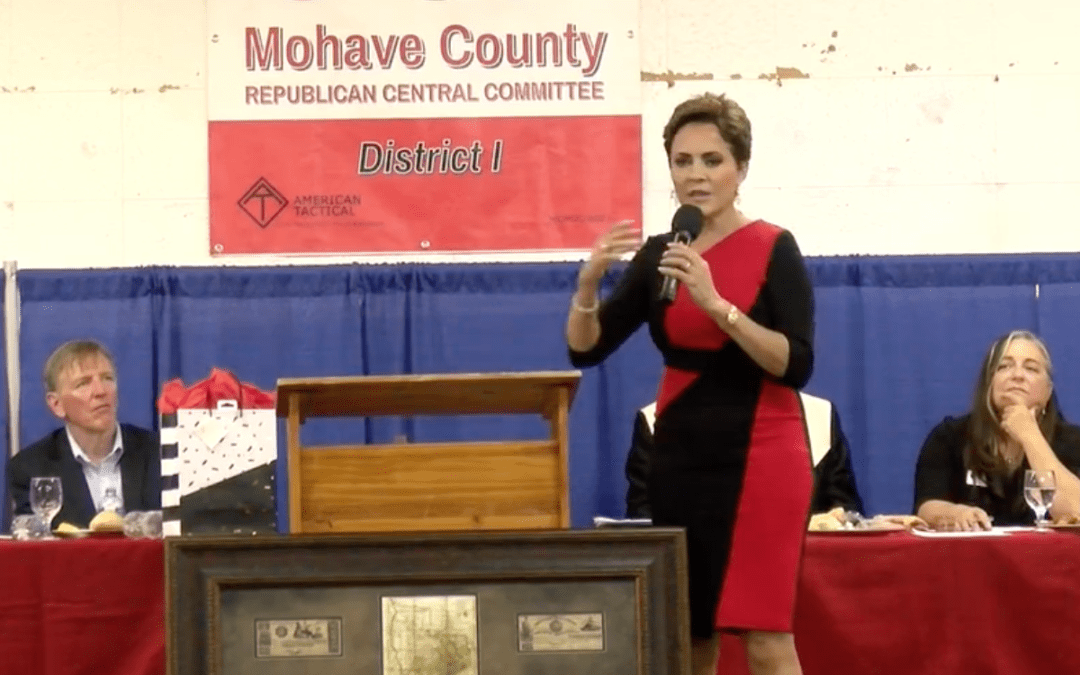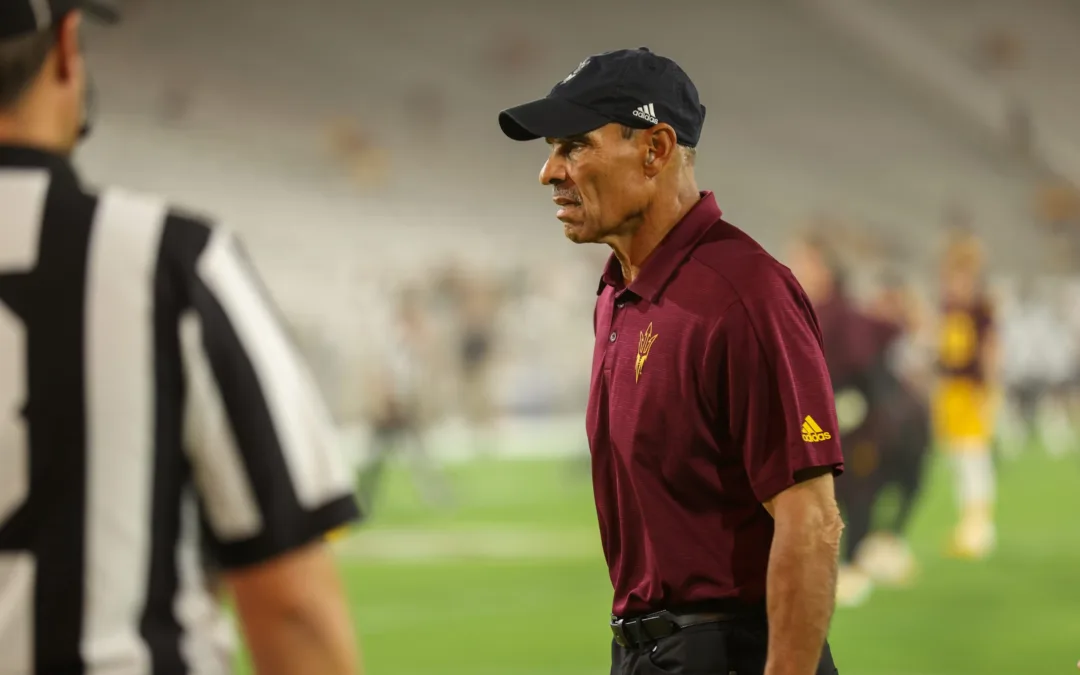
Illistration via Malte Mueller, Getty Images
As part of our efforts to help voters feel informed as the November election approaches, we’re creating an overview of local races throughout the state.
Only one lawmaker was absent from the Clean Elections debate for Arizona’s 17th Legislative District, where the four in attendance discussed issues ranging from education funding to state-level protections for residents who are at risk of losing their health insurance should the nation’s health care law be repealed.
Two incumbents— Sen. J.D. Mesnard (R-Chandler) and Rep. Jennifer Pawlik (D-Chandler)—shared the virtual debate stage with challengers Ajlan Kurdoglu and Liz Harris. Kurdoglu, a Democrat, hopes to unseat Mesnard in the state Senate, while Harris seeks to replace Pawlik and join fellow Republican Jeff Weninger (R-Chandler) in the state House of Representatives.
Weninger, who is running for reelection, declined an invitation to attend the debate.
Health Care
Arizona is one of 20 states involved in a lawsuit that seeks to overturn the Affordable Care Act (ACA), a change that could lead to loss of health insurance for more than 300,000 Arizonans.
Pawlik said that she opposes repealing the ACA, stating that while there are some laws in Arizona to protect certain residents from losing their health insurance, there are still many gaps in the state law that the ACA is able to fill.
“My daughters are 22, and they’re still on our family health insurance,” said Pawlik. “I’m very grateful that I can keep them on my insurance until they’re 25, and they’re more established in their jobs and can pay for health insurance.”
Harris and Mesnard were both emphatic in their support of a full repeal of the nation’s health care law. Mesnard cited bills he supported that he believes will protect those who would lose their health insurance. State laws do not, however, allow children to stay on their family’s health insurance plan until the age of 26; that number would drop to 19 if the ACA were repealed.
Prop 208: Invest in Education Initiative
The second proposition on Arizonans ballots is a proposal to increase funding for the state’s education system. The measure would raise taxes on the personal income of wealthy Arizonans and put the money into a fund for schools to use toward raising salaries for and hiring more teachers and support staff.
Pawlik, who has worked as a teacher in Arizona for more than 20 years, came out as a strong supporter of Prop 208.
“We have underfunded our schools for decades,” said Pawlik. “When I think to my time in the classroom, not only were teachers leaving because they couldn’t afford to teach any longer—were working multiple jobs just to pay their bills—but class sizes are also really large.”
Kurdoglu agreed with Pawlik, stating that Arizonans are tired of being “on the bottom of the pile” in education when compared with other states. He cited crumbling school infrastructure, low teacher pay, and low per-pupil spending as reasons why he believes Prop 208 is necessary to help fund Arizona schools.
Mesnard said one of the issues he has with Prop 208 is that there is that the tax surcharge on earners who make more than $250,000 is not indexed to inflation, so over time, more people will be required to pay the additional fee.
Harris, on the other hand, cited economic concerns as her reason for opposing Prop 208.
“The thought of invest in ed, and getting the education system more money is very attractive,” said Harris. “However, I am not in favor of 208 because it will have a tremendous effect on people relocating to the state of Arizona.”
But economists say the investment in school funding is worth the risk, and have described increased education funding as, “one of the smartest strategies states can do to boost their future economy.”
If approved by the voters, Prop 208 would only affect the top 1% of Arizona earners—individuals making over $250,000 and married couples making more than $500,000. Those people will pay a 3.5% surcharge on their income past those thresholds.
Prop 207: Recreational Marijuana
One of two statewide initiatives voters will find on their ballots is to legalize the use and sale of recreational marijuana. Pawlik said she opposes the use of recreational marijuana and plans to vote against Prop 207.
Kurdoglu said that Prop 207 is a result of the legislature’s inability to pass laws surrounding marijuana legalization. He added that, while he has not decided whether or not he supports the measure, his priority in office would be to regulate the marijuana industry in a similar manner to the tobacco industry as to avoid public health risks.
Mesnard was much more absolute in his opposition to marijuana legalization.
“There isn’t anything good about it,” said Mesnard. “Apparently we need to encourage people to smoke pot because then we can fund all these great things.”
Harris said that, while she supports the use of medicinal marijuana, but does not support expanding its legal use for recreational purposes.
Continue Reading: The Copper Courier Voter Guide: Arizona’s 17th Legislative District
Politics

Kari Lake calls on Arizona county sheriffs to enforce 1864 abortion ban
Republican candidate for US Senate Kari Lake on Saturday seemed to solidify her support for Arizona’s total abortion ban and called on county...

VIDEO: Arizona Rep. Greg Stanton ‘We will not stay silent’ on abortion ban
@coppercourier "Under this extreme law, women will die, and their doctors and nurses will be criminalized. This cannot stand," Rep. Greg...
Local News

6 terrifying things that could happen if the Comstock Act is used to target abortion
Does 1873 sound like a really, really long time ago? Well, that’s because it is—but if Republicans and far-right anti-abortion activists have their...

ASU football slapped with probation due to violations during Herm Edwards era
The violations described in the NCAA statement include impermissible in-person recruiting contacts while the state of college athletics was...





